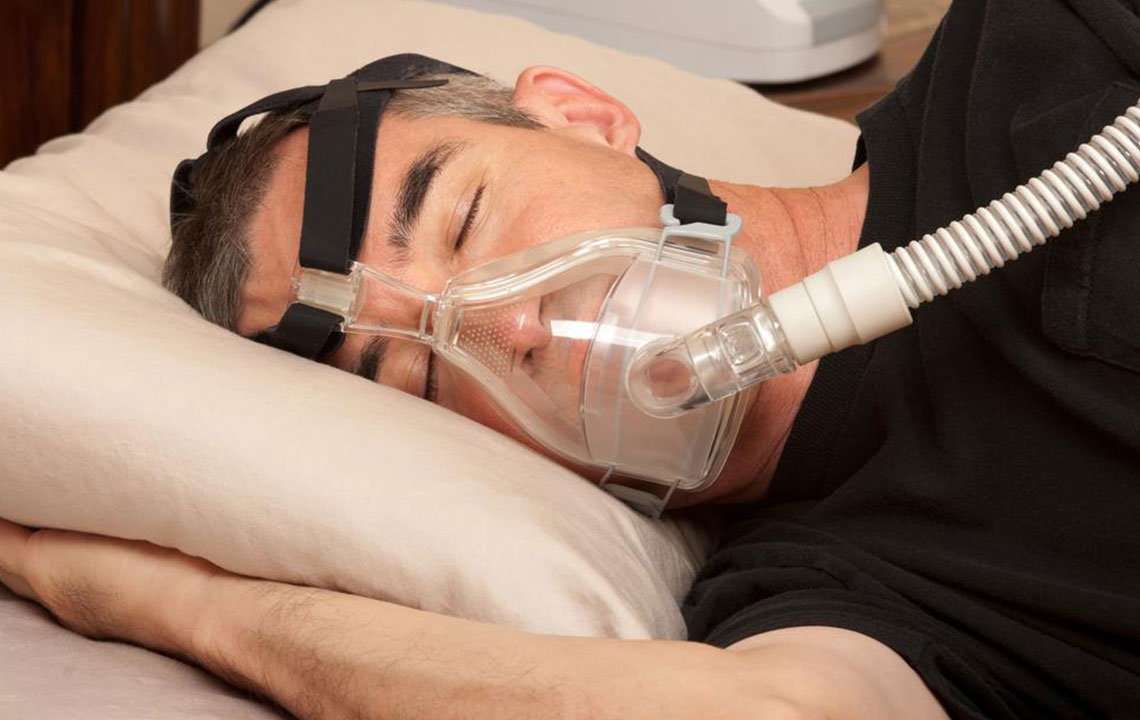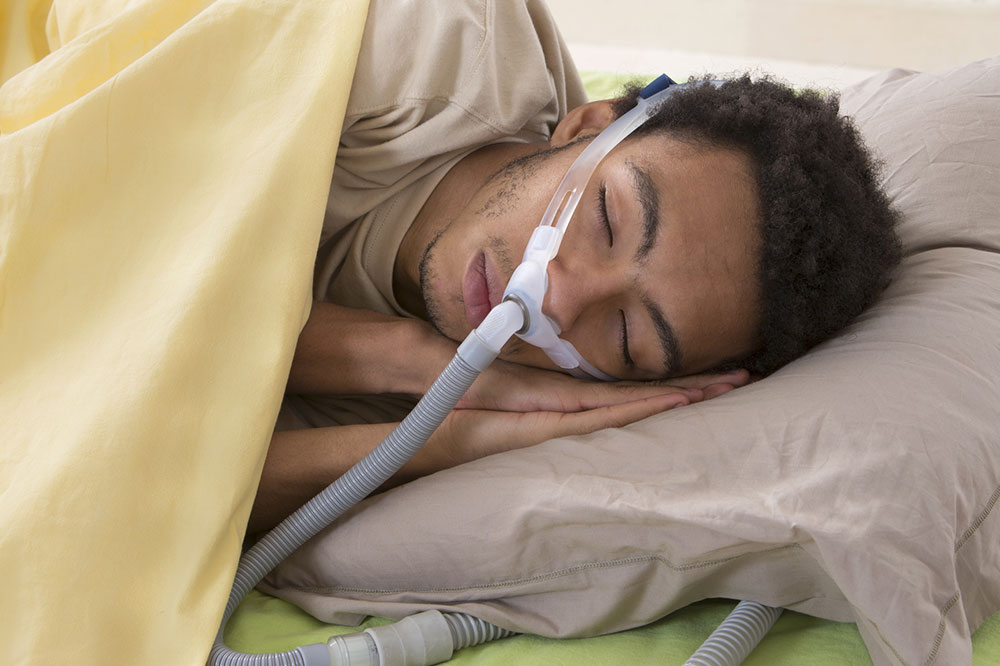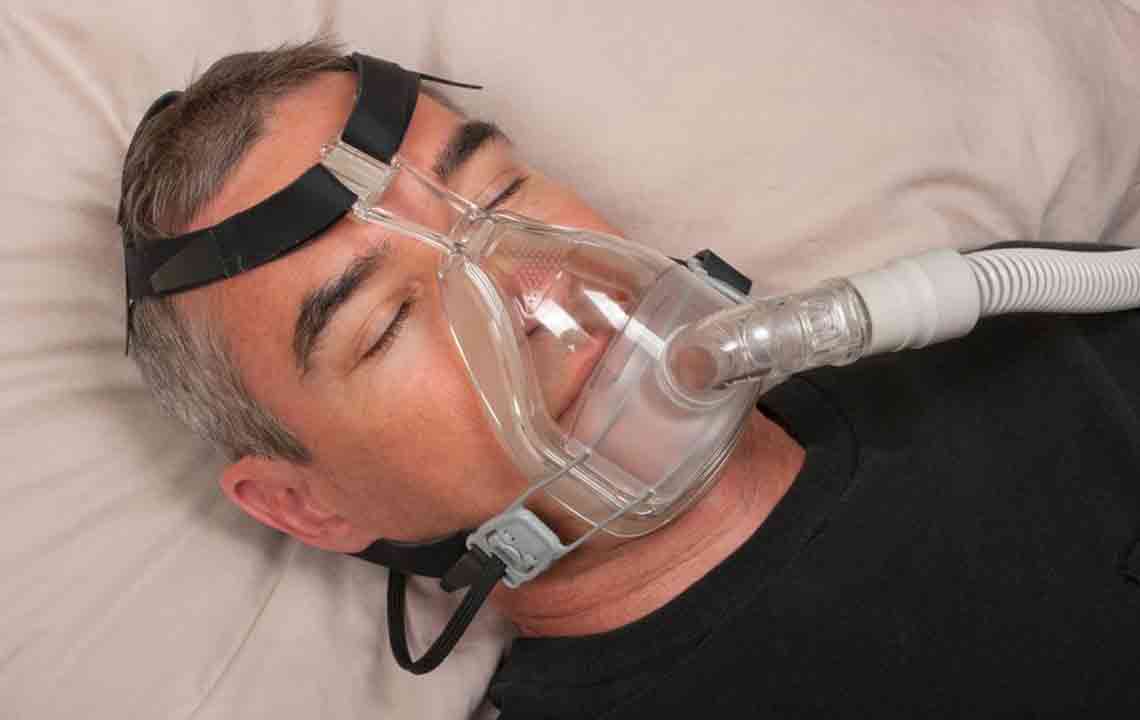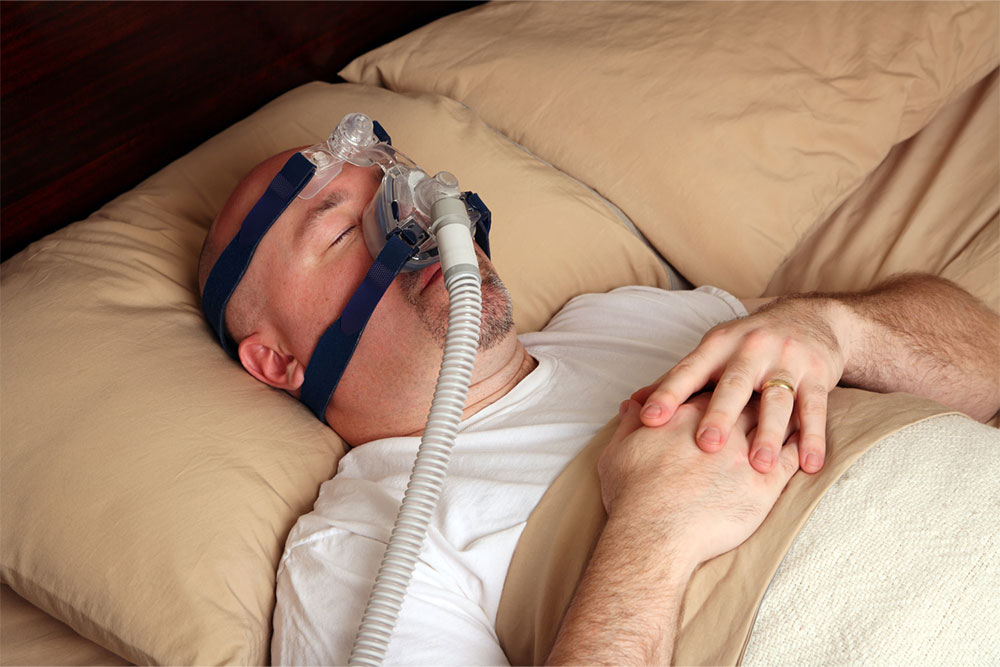Common Risk Factors for Sleep-Related Breathing Disorders
This article discusses the primary risk factors for sleep apnea, including obesity, nasal congestion, age, gender, smoking, and sedative use. Recognizing these factors can aid in early diagnosis and management of this sleep disorder, which affects many, especially older men and those with lifestyle risk factors.

Common Risk Factors for Sleep-Related Breathing Disorders
Sleep apnea is a serious condition characterized by interruptions in breathing during sleep, leading to various health issues. Symptoms include loud snoring, choking, dry mouth, sore throat, morning headaches, and fatigue during the day. It predominantly affects older males—who are three times more prone than women—and individuals with excess weight.
Several key factors increase the risk of developing sleep apnea:
1. Obesity
Being overweight increases the likelihood of sleep apnea because excess fat around the neck can obstruct the airway. It can also cause the tongue and tissues in the throat to fall back, further blocking airflow during sleep.
2. Narrowed Airways
Blocked nasal passages due to allergies or chronic congestion can contribute to sleep apnea. Soft tissues in the nose and throat may collapse during sleep, blocking airflow and reducing oxygen levels, causing breathing interruptions.
3. Age and Gender
Men over 40 are at higher risk, being about three times more likely to develop sleep apnea than women. This is because men typically have more upper airway muscle contraction during sleep, which narrows the airway and may cause oropharyngeal collapse, leading to breathing difficulties.
4. Smoking
Smoking increases the risk by narrowing the airway and causing inflammation, which complicates breathing during sleep. While nicotine doesn't directly cause sleep apnea, it can trigger or worsen the condition.
5. Alcohol and Sedatives
Use of sedatives and alcohol relaxes the muscles in the upper airway, making breathing problematic during sleep. Regular consumption can heighten the risk of sleep apnea due to muscle relaxation that impairs airflow.
Sleep apnea can affect anyone, but older men, smokers, overweight individuals, and those with allergies or who consume sedatives are more vulnerable. Noticing loud snoring or breathing pauses should prompt a visit to a healthcare professional for evaluation.










